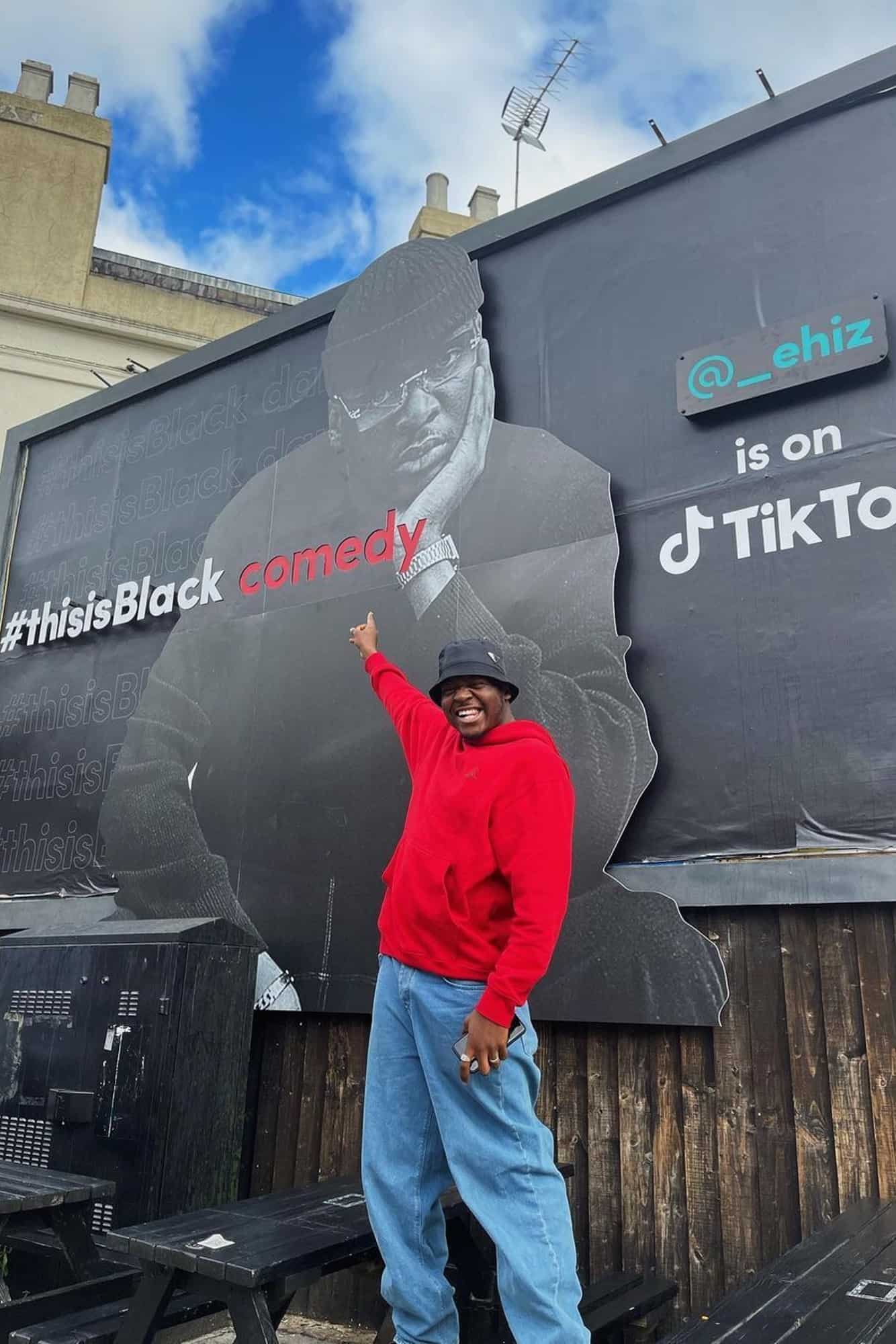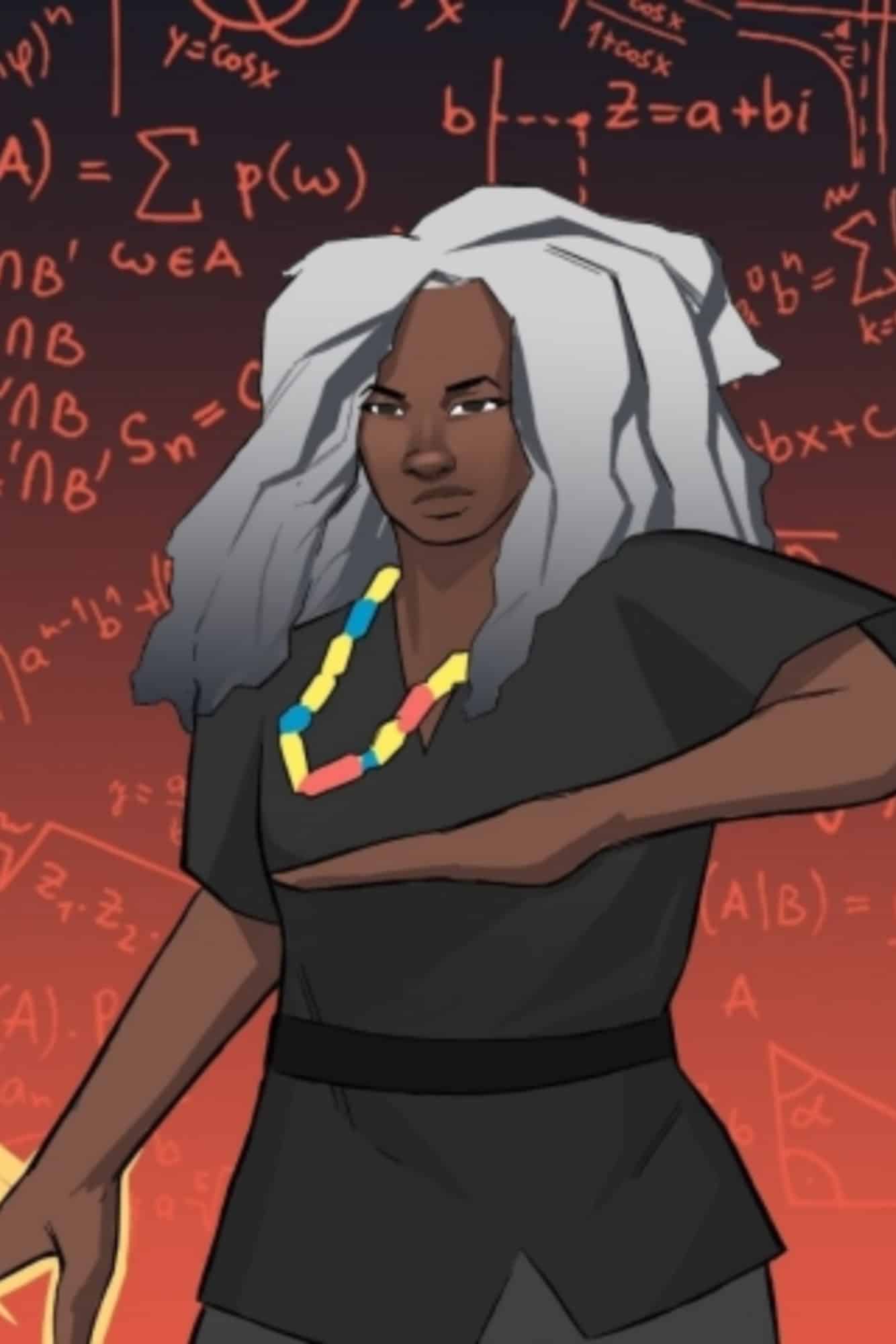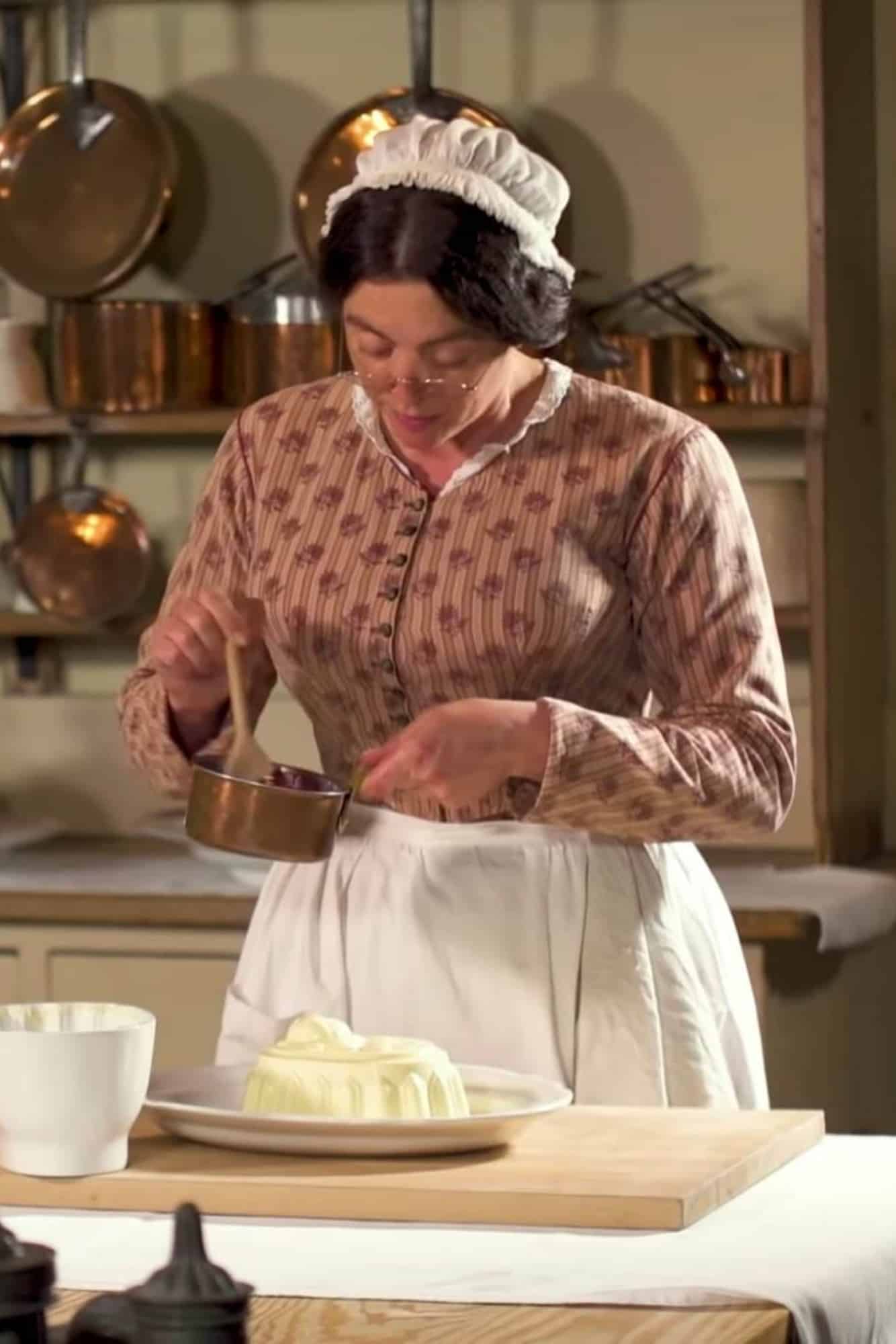Growing up history lessons in the UK primarily consisted of the first and second world war, Britain’s victories, and the role of a few peacemakers in allowing us to live in what we’ve been told is now a fair and equal society. I remember Britain always being portrayed as either powerful (the empire) or the defender of freedom, fighting against Nazis and injustice. Even when we were taught about events such as the slave trade, our country’s significant role was downplayed and instead, the focus was shifted onto America and its history with slavery. For a long time, I had no idea that Britain was dealing in slavery hundreds of years before America, and that the first slaves in the US were brought there by Brits. Then again, I also thought that Winston Churchill was a great and good leader and that Christopher Colombus was the first “founder” of America. Does that make me stupid? Maybe, but I had no one telling me differently.
Going to university, listening to and reading different sources opened my eyes somewhat to the whitewashing of British history and how little I knew about the prominent Black, Asian and queer figures who deserve to be remembered. It became painfully clear that what we had been taught at school was a version of history that cares more about upholding British pride and superiority than it does about actually providing all of the facts. But now a war is being waged against this dominant historical narrative – the battleground is TikTok and the cavalry is led by fed-up historians determined to provide the world with a more nuanced understanding of events.
These history buffs are using the Gen Z platform to share their expertise, reveal the conveniently omitted facts and spotlight marginalised figures who played a huge role in history, but are often left out. Irish-native Katie Charlwood uses her account not only to share interesting and fun historical facts, but also to shine a light on the atrocities committed by respected figures such as Churchill, Gandhi and Mother Theresa. She also has a podcast series where she delves deeper into individual figures in each episode. Doctor and historian Suzie Edge focuses more on the medical history in the UK and the British monarchy, while history teacher Taylor J uses the platform to debunk false historical facts in America and Frau Löwenherz provides details on lesser-known, more shameful parts of US history, such as the Nativist Movement and Japanese Internment Camps.
However, it’s not just about shaming individual figures for being terrible (although there is a lot of that), it’s also about promoting and informing viewers of the actions and contributions made in history by people who are not cis-white men. Rudy from the Rainbow History Class makes videos celebrating different LGBTQ+ activists and figures, such as Sylvia Rivera and Willem Arondeus. Sanjana runs the Women of History platform where she showcases prominent historical female figures from different ethnicities and also has a “Women Making History” series where she talks about the lesser-known women who are making history today. Meanwhile, Yale History major Kahlil Greene focuses on explaining the history of cultural appropriation and racism in America, and Kamryn Davis has a “Black History Facts You’ll Never Learn in School” series where she highlights different events, as well as black musicians, authors and activists who made important cultural and historical contributions.
The UK government faced immense backlash following the release of the controversial report by the Commission on Race and Ethnic Disparities, which claimed the country is not structurally racist (despite evidence suggesting otherwise). The report also suggested schools should reconsider how they teach slavery, since it was not just a period all about “profit and suffering”. Maybe they think by convincing the next generation that slavery wasn’t that bad, there’ll be fewer protests? Who knows.
But their attempt to try and control the narrative of one of the most painful and shameful parts of our history will be more difficult to pull off now than it would have been 20 years ago, and it’s all thanks to social media. These historical TikTok videos provide a necessary balance in knowledge and education for millions of viewers, and as long as these content creators are able to upload and we are able to watch, the information is there and there’s nothing the government can do about it. Viva la resistance.
By Lucinda Diamond, food and travel editor of CORQ. Picture credit Sanjana via Instagram.









Brands should know better than to ask Black creatives to work for free during Black History Month – especially following 2020 pledges